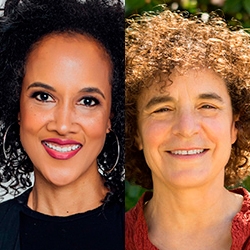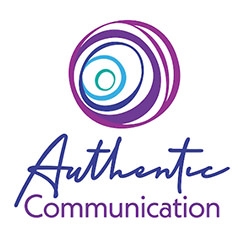

Search Results: challenge
-
Penny Wassman shares this first workshop exercise as an opportunity to build connection.
-
-
-
Interactive dialogue addresses common questions for new NVC facilitators and trainers.
-
Learn when to use the two types of requests in the practice of Nonviolent Communication: Action Requests and Connection Requests. Both are important when working through conflict or difficult situations and for building connection.
-
Transform relationship pain and build thriving connections with NVC, Attachment Theory and IPNB.
-
- Dive deep into Peaceful Living: Daily Meditations for Living with Love, Healing and Compassion with the author
- A year-long container to reflect, realign, and return to what matters most
- Experience the combination of Mary’s wisdom, daily meditations, and community
- Enjoy accompaniment and loving support throughout 2026 with like-minded individuals
-
Miki Kashtan hosted Living Room Radio Show on KPFA Radio 94.1FM in Berkeley, California, USA. Listen as she works with a a woman whose relationship is challenged by what happens when her lover drinks. In this segment, Miki encourages the caller to get support for her stress, find an outlet for it and receive empathy. Miki addresses the challenges of addiction, the self-judgment of trying to meet needs by drinking and the pain this causes for everyone involved. She further suggests that the caller try to connect to the needs he is trying to meet by drinking, and to identify those that are actually being met and those that aren’t.
-
Nonviolent Communication includes a practice of empathy that involves listening for feelings and needs no matter how someone expresses themselves, and reflecting back the feelings and needs when it is helpful to do so. You can reflect back in a traditional NVC manner, or in a more creative way, with metaphors.
-
Embrace nonviolence with courage and compassion as you learn to stand for truth in everyday life.
-
Exploring how to share NVC in a school environment where others may not yet understand its value.
-
Learn tools to reconnect and heal your relationship with adult children.
-
How do we talk to ourselves and with others about polarizing topics in a way that's supportive? Seek to understand and be understood rather than press for agreement. Bring mindfulness into the conversation. Slow down and use structure to support everyone. Release knowing the solutions, answers or outcomes. Keep focus on shared universal needs. From this place we can say what's in our hearts and minds, and trust the process.
-
One thing that makes empathic understanding difficult yet valuable is that it can be humbling. If I really open myself to hearing and understanding, while trusting my inner strength of self-knowing, I may be changed by what I hear. My core beliefs or understanding might change and grow. This openness could be key to transforming the energy of conflict into new possibilities for greater connection, creativity, and well-being.
-
- Find your voice in response to words you hear as racist
- Build bridges across significant differences of opinion
- Become a powerful ally for the racial justice movement
-
When deciding if someone crossed your boundaries and how to respond, you may get conflicting opinions on it. These opinions can be coarse attempts to manage life with rules about what should(n’t) happen. Instead, so that you can find where you want to invest your energy, ask yourself questions that reveal what for you is truly in integrity, nourishing, connects to your heart, and deepens self understanding. Read on for examples.
-
Taking a look at how our unconscious biases often go unexamined and unchallenged.
-
-
Miki Kashtan helps you move past fear and build skill in making clear, confident requests.
-
Ask the Trainer: Is a confidentiality agreement typically used in NVC practice groups?
Quick Links

Stay in Touch!
We value your privacy, won't share your email address and you can easily unsubscribe any time.

















